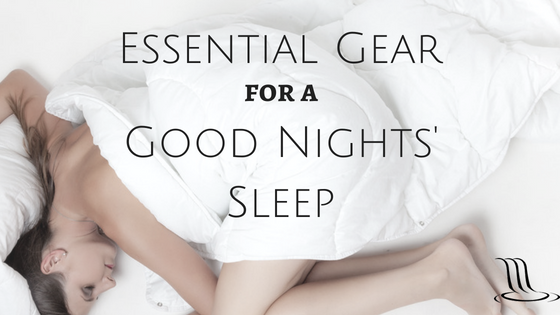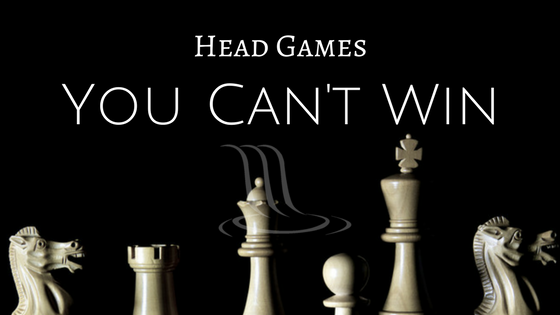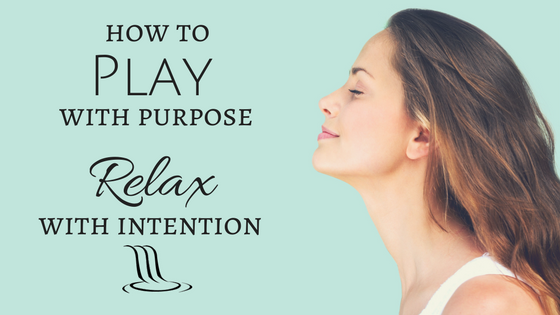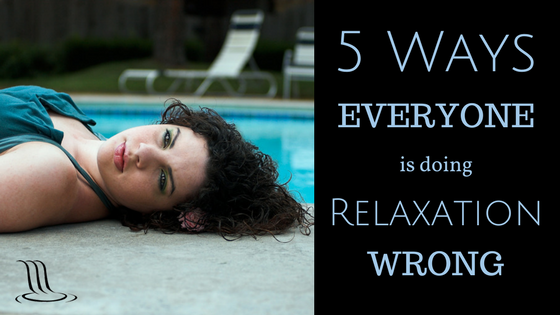As we struggle to take care of ourselves and not drown in stress, sleep is your life jacket. It lengthens your life long-term while improving creativity and brain function in the short term. On the flip side, doing without can have serious consequences and can’t be “caught up” on. We can’t always control our circumstances, but your bedroom is personal–yours–and with rare exception, entirely within your power to change. A few simple tools could make a big difference in the quality of your sleep.
Before your fill your bedroom with new gear, we strongly recommend getting rid of the junk. Relocate that TV, get that junk out from under your bed and either get rid of it or store it somewhere else. Chuck that practically-unused fitness equipment, fold your laundry and switch to body-weight exercises or join a gym. That room is made for two things: sleep, and … the other one (eh-hem). The more you focus the space to those purposes, the more it will serve you instead of the other way around.
Once you’ve cleared out the junk that’s holding you back from getting a good nights’ sleep, it’s time to select a few important things that can help you embrace a peaceful night of sleep, every night.
An alarm clock
No, your phone really isn’t good for this. Charge it somewhere else at night. The blue-white lights of the phone screen will activate chemicals in your brain that will actually stimulate you and keep you up. It’s also best to stick to clocks that have red or amber displays. Green and blue displays can have the same effect as your phone.
A white noise machine
White noise can help drown out drippy faucets, ticking clocks, creaking boards, a siren down the street, or other little sounds that might disrupt your sleep. We recommend a fan or a white noise machine that doesn’t generate the noise electronically, but electronic ones do have more options if you prefer to listen to rain or ocean wave noises as you drift off.
A medium firm pillow
Most of us think that the softer the pillow is, the better. Not so, according to sleep studies conducted in Germany. Pillows with medium firmness give you comfort along with adequate support. Sinking into a fluffy cloud every night may sound nice, but in practice it destabilizes your neck and disrupts your sleep.
An air conditioner
Did you know that there’s an optimal temperature for sleep? In the Pacific Northwest many find AC to be indispensable during the summer months, and it turns out that those people are on to something. Most experts agree that the ideal bedroom temperature is around 68 degrees–slightly cooler than usual room temperature. Keeping your room comfortable helps prevent you from waking, and makes it easier for you to go back to sleep if you do wake up.
A face mask
We offer face masks to our clients as a courtesy whenever sensory deprivation is desirable, but there’s no reason you can’t benefit from one at home. They’re inexpensive, comfortable, and prevent light from waking you up or decreasing the quality of your sleep. If you can’t handle having something on your face, at least invest in some opaque window shades so you have the option of shutting out light completely.
Experiment with these! Have fun with your new toys as you see how well they work.
Tom Gunn is the blog editor and marketing director for The Good Life Massage.














 You are a giving person. You care about your family and friends, and even try to help strangers whenever you can.
You are a giving person. You care about your family and friends, and even try to help strangers whenever you can. But some days you just can’t take it anymore. You’ve been worn down, turned over, and worn out on the other side as well.
But some days you just can’t take it anymore. You’ve been worn down, turned over, and worn out on the other side as well. If you say yes to one of these things, you have to live with the reality that you may have to say no to the other two. This doesn’t make you a bad person. It makes you a mortal human being with a predicted lifespan of roughly 80 years only 24 hours allotted to you each day, just the same as everyone else. Thinking you are more than this is a lie you tell yourself, and it’s not doing you any good.
If you say yes to one of these things, you have to live with the reality that you may have to say no to the other two. This doesn’t make you a bad person. It makes you a mortal human being with a predicted lifespan of roughly 80 years only 24 hours allotted to you each day, just the same as everyone else. Thinking you are more than this is a lie you tell yourself, and it’s not doing you any good.

 Your boss may see you as someone who struggles to follow through.
Your boss may see you as someone who struggles to follow through. Your significant other may be sensing you drifting away.
Your significant other may be sensing you drifting away. When you take care of yourself, you’ll find that all the people in your life will light up as you engage them more fully and completely with your whole self.
When you take care of yourself, you’ll find that all the people in your life will light up as you engage them more fully and completely with your whole self.